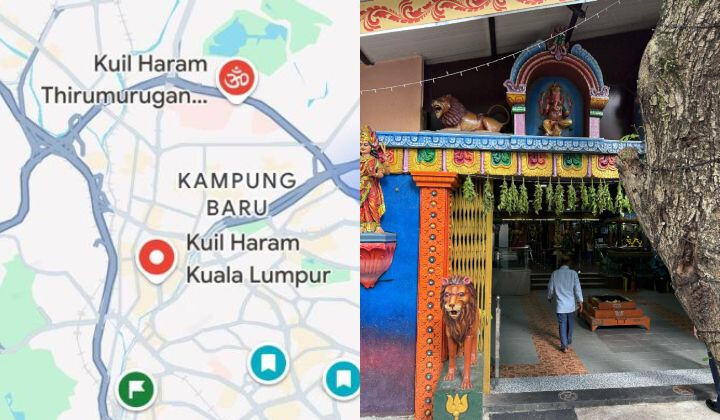
KUALA LUMPUR, MALAYSIA - In an increasingly digital age where social media platforms have become breeding grounds for negativity, a Malaysian Indian man has taken to TikTok to passionately call for racial unity and an end to online hate speech. His heartfelt plea resonates with many who are weary of the racial disharmony often stoked by irresponsible users on social media.
The man, who remains unnamed in the initial report, began his message by highlighting the everyday interdependence of Malaysia's diverse communities. "When the Malays are fasting, it's hard for me to get food," he pointed out, illustrating the reliance on Malay vendors. He further humorously noted, "When Indian barbers are not around to give haircuts, the mat rempits become mat tarzans," referring to a local term for motorcycle riders and playfully suggesting they'd have unkempt hair. He also mentioned the necessity of Chinese hardware stores, particularly for those living outside urban centers. "This is the reality of our country," he emphasized, underscoring the interconnectedness of daily life for Malaysians of all backgrounds.
Despite this reality, the man expressed his frustration with the prevalence of hate messages online. "But, we always spread messages of hate on media. What do you get out of this? Even I don’t know," he lamented. He then shared a lighthearted yet poignant reason for his inability to harbor racial animosity towards Malays: "I weigh 80 kilograms. 40 kilograms of my body is made up of the Malay food I eat. Can I hate the Malays? No, I can’t," he declared, using a humorous anecdote to highlight the unifying power of food in Malaysian culture.
The man further illustrated the issue with anecdotes of situations mishandled on social media. He spoke of a car parked illegally, suggesting the appropriate response would be to report it to authorities rather than public shaming online. He also recounted a story of a minor misunderstanding at an office service counter that was resolved amicably, only for one of the involved parties to later post a video alleging racial discrimination. "When I hear about all this, I can’t accept it," he stated, clearly exasperated by the unnecessary escalation of minor incidents into racial accusations online.
His message concluded with a direct and heartfelt appeal: "Please, I just want to live peacefully in this country. Settle our problems, and let’s live together in harmony."
His sentiments echo a growing concern about the misuse of social media to incite racial tensions. The article also referenced a recent incident involving the relocation of the Dewi Sri Pathrakaliamman temple in Jalan Masjid India to accommodate the construction of a mosque. While the matter was resolved amicably between the temple committee, landowner, and government, the situation initially sparked accusations of racial bias online. This example served to highlight the man's central point: "if there’s no problem, why create one? And if you have a problem with someone, why spread them on social media for everyone to see?"
The article concludes by emphasizing the importance of exercising restraint when sharing content online, particularly content that could be harmful to individuals or entire communities. While laws governing social media platforms exist, personal responsibility and a commitment to peaceful coexistence remain crucial in fostering a harmonious online and offline society in Malaysia. The man's simple yet powerful message, "I just want to live in peace," serves as a timely reminder for all Malaysians to prioritize unity over division in the digital age.
[Copyright (c) Global Economic Times. All Rights Reserved.]




























